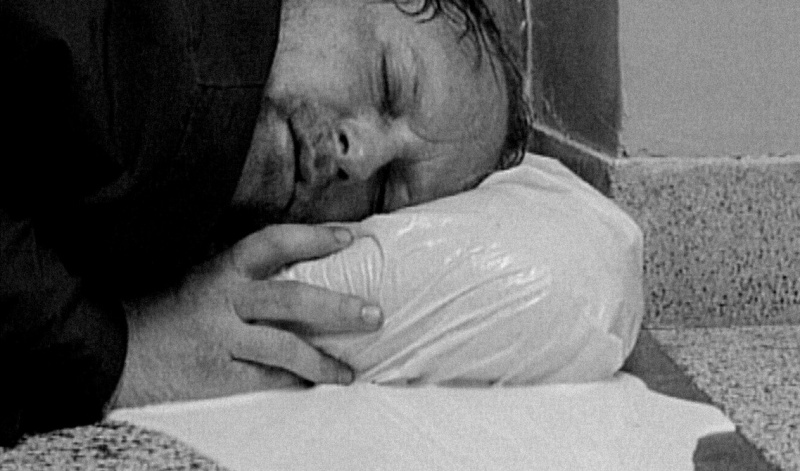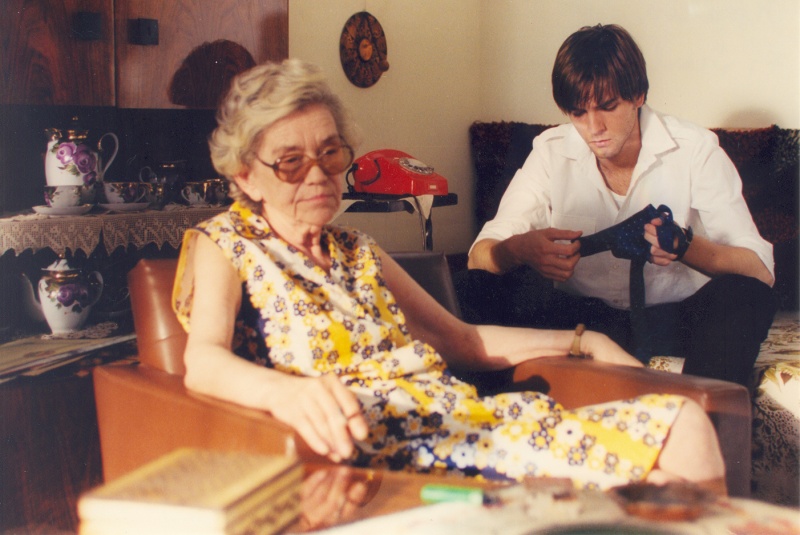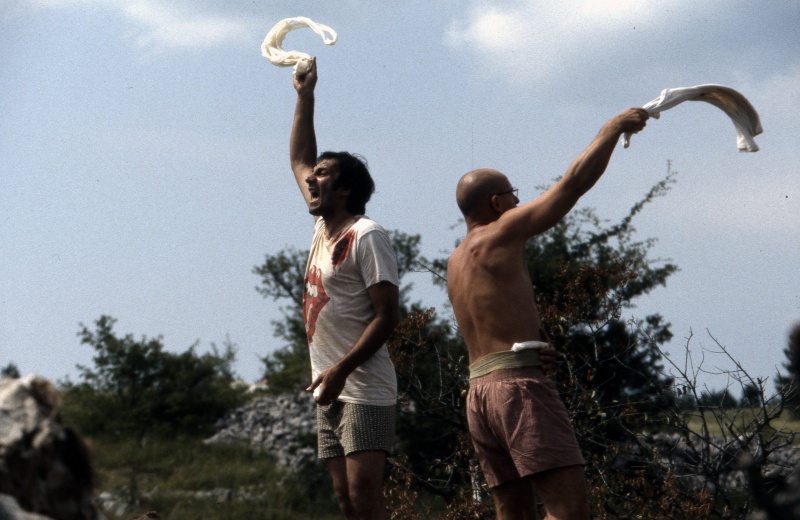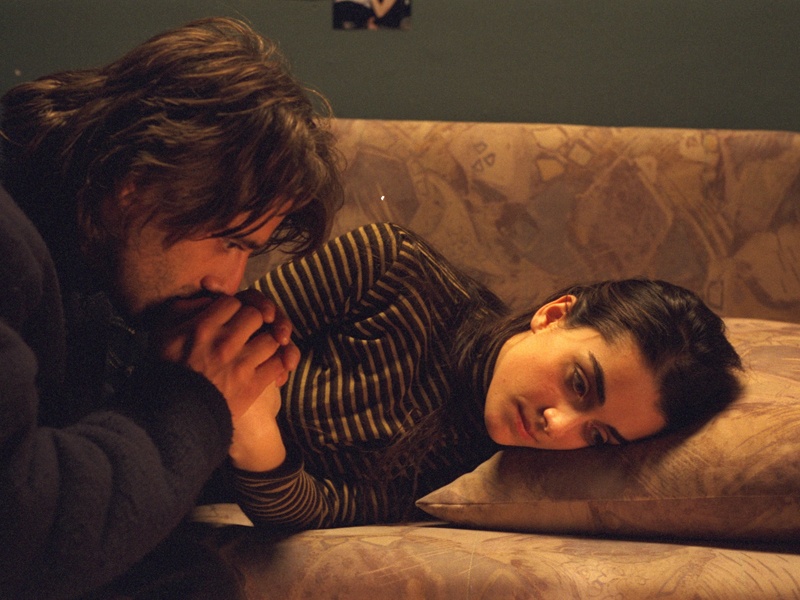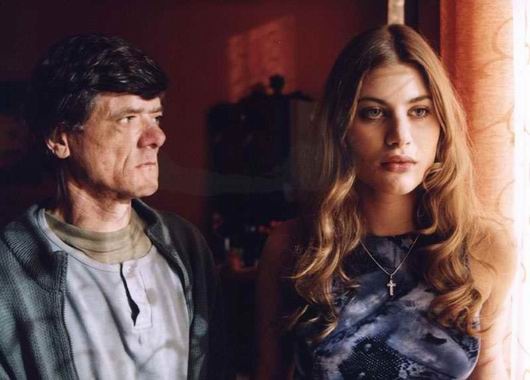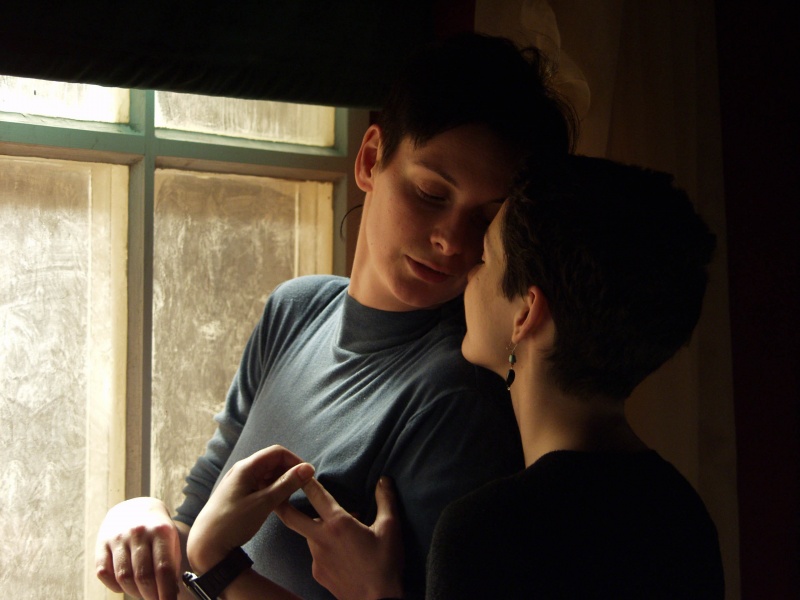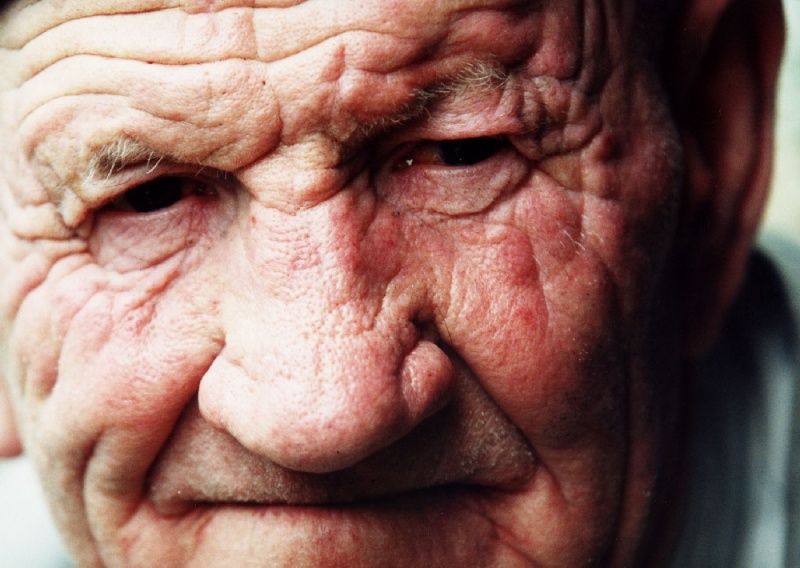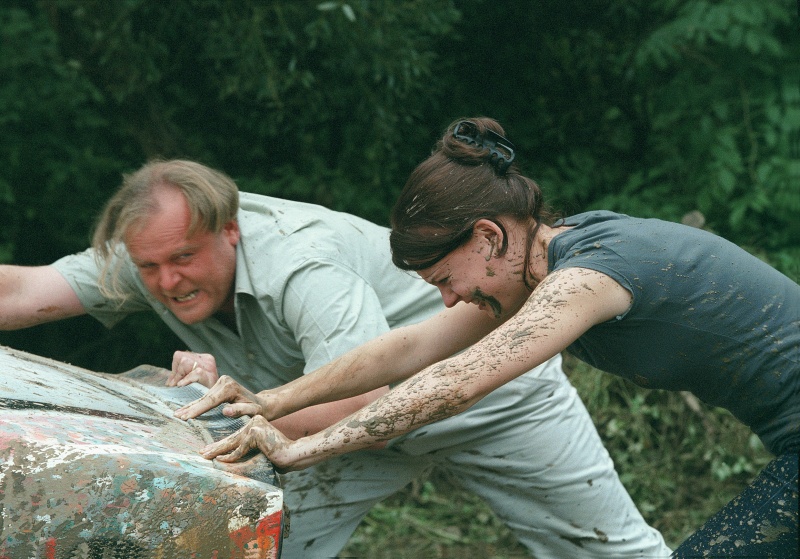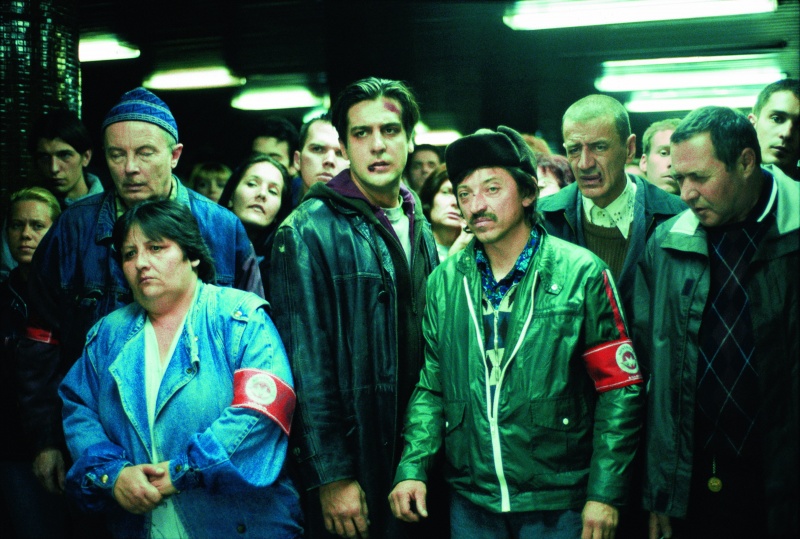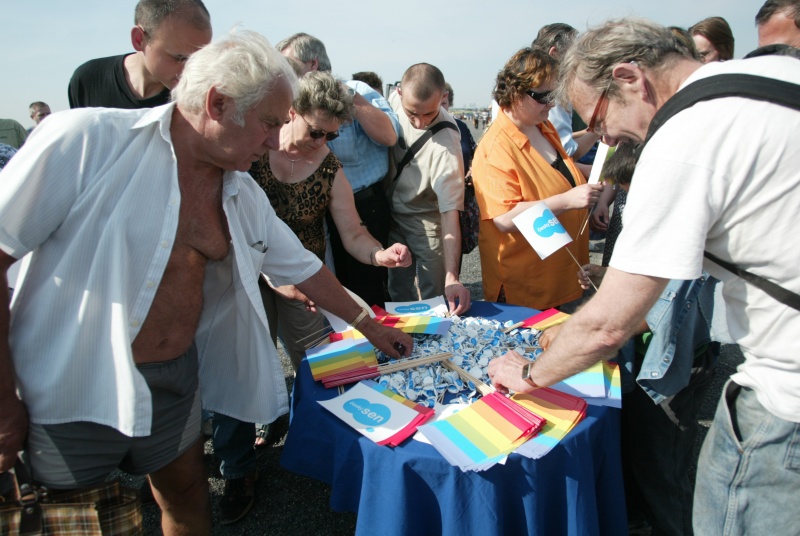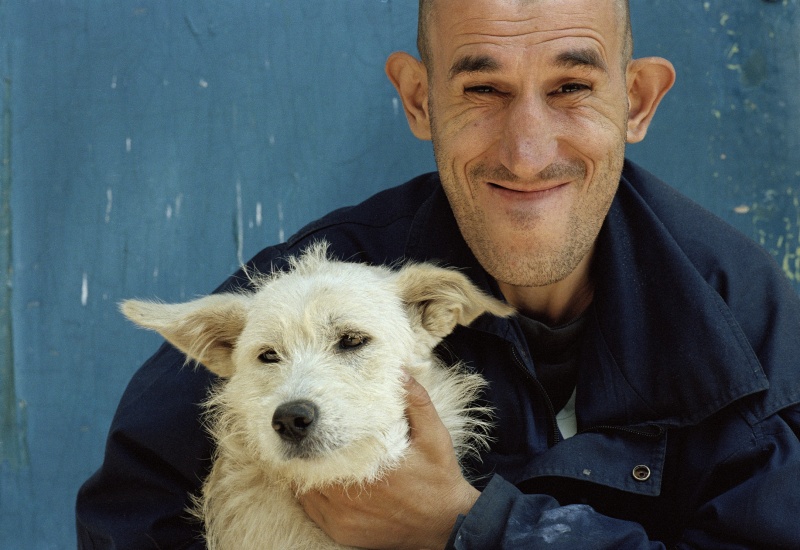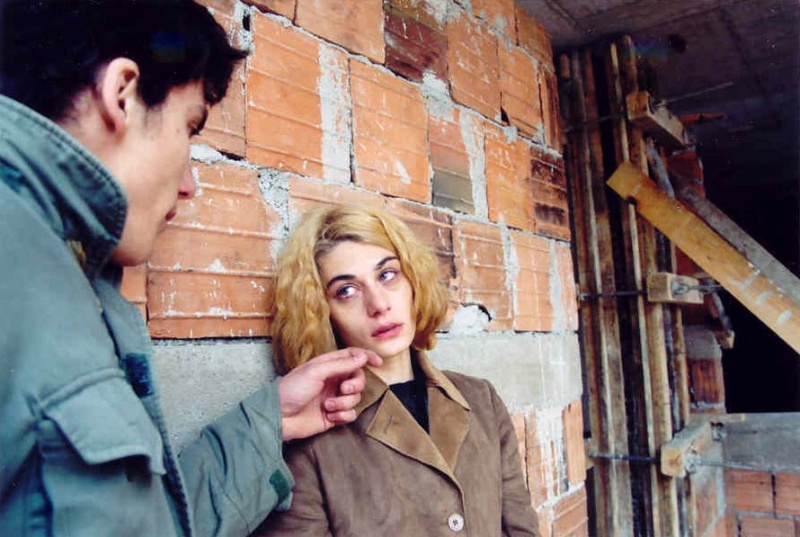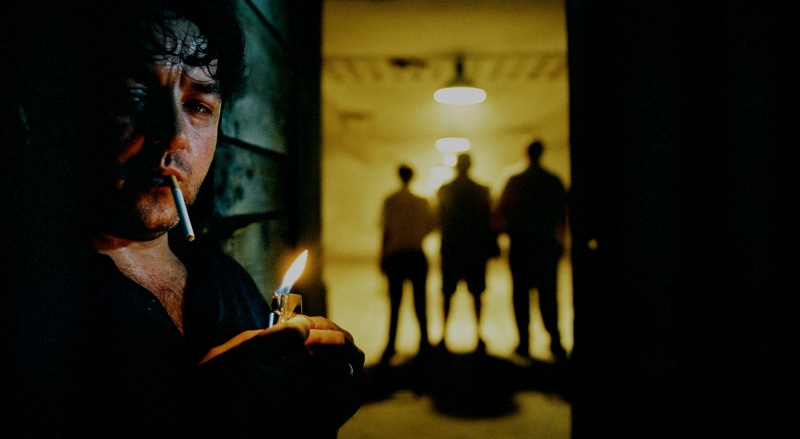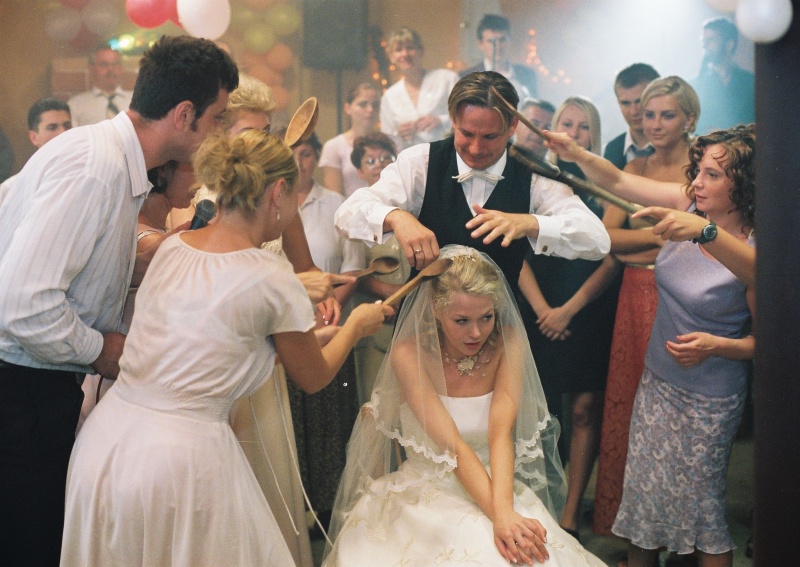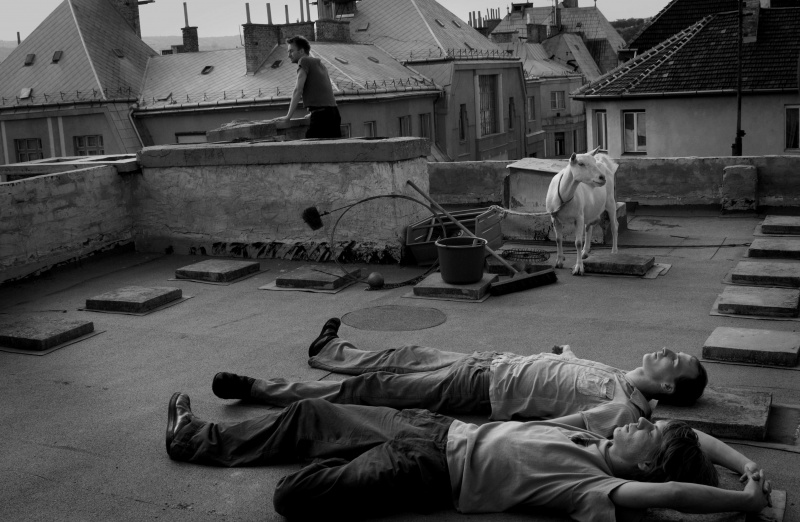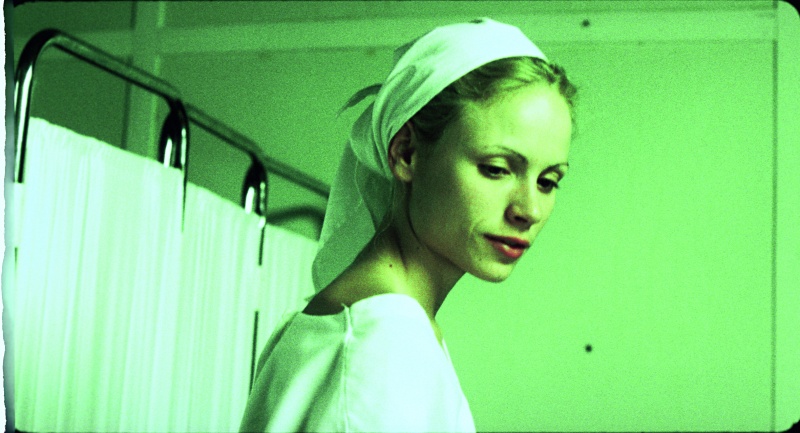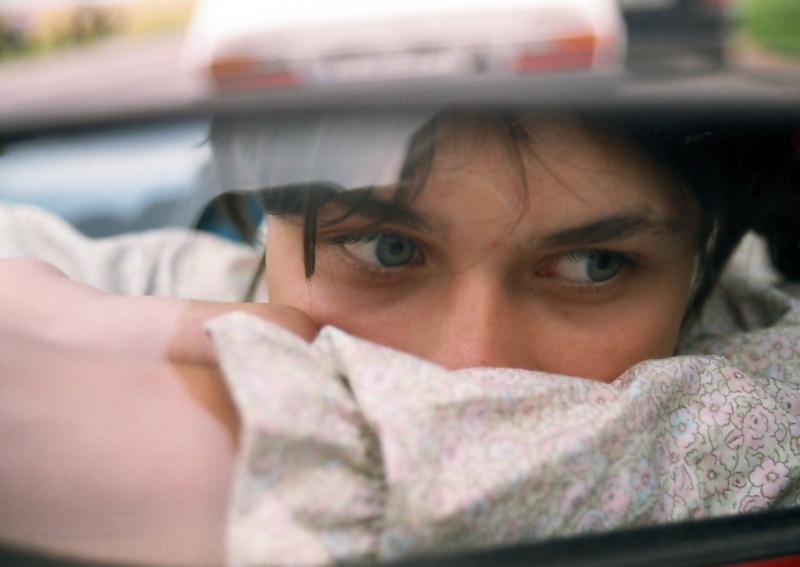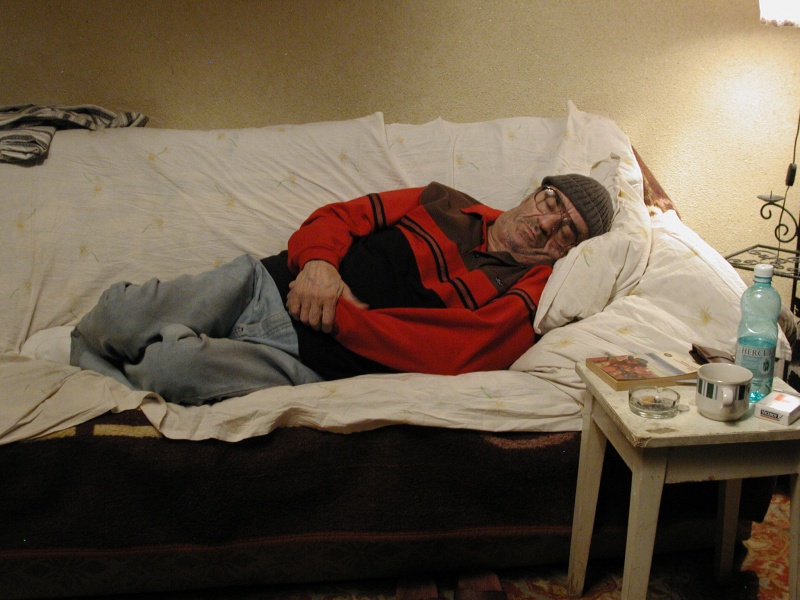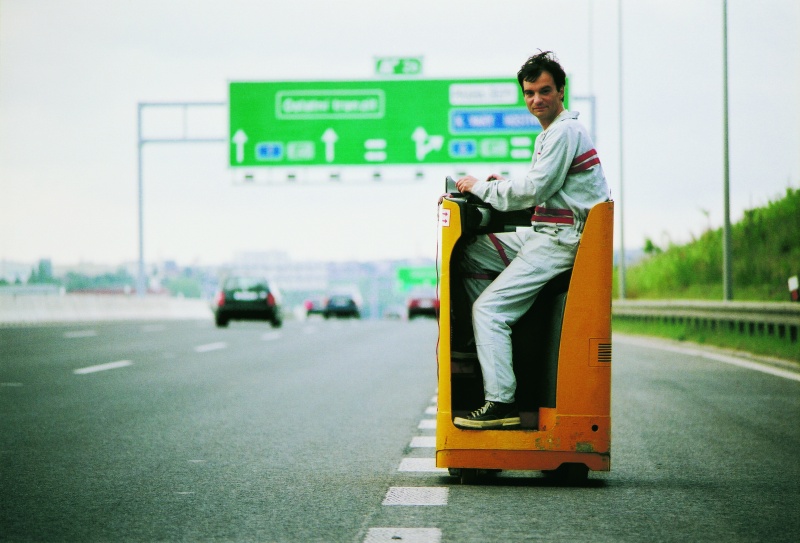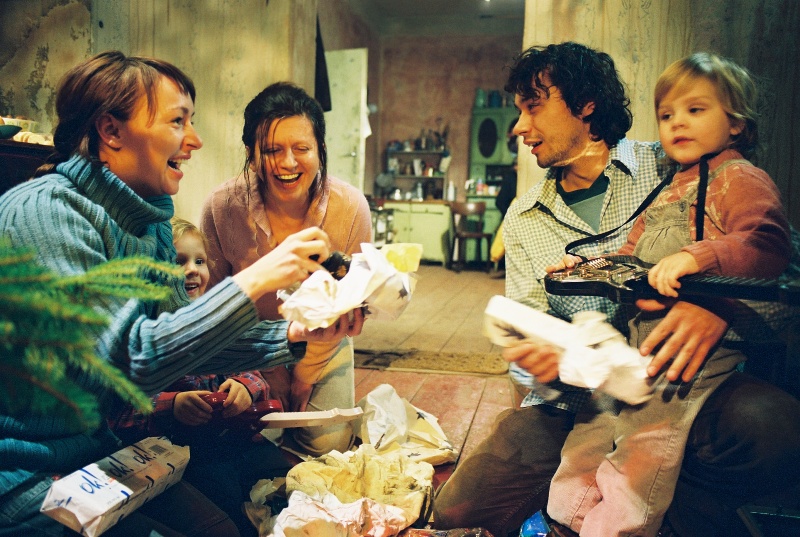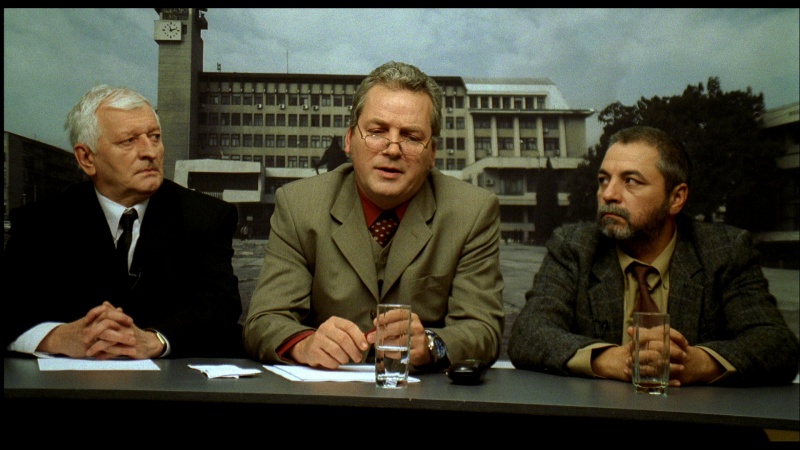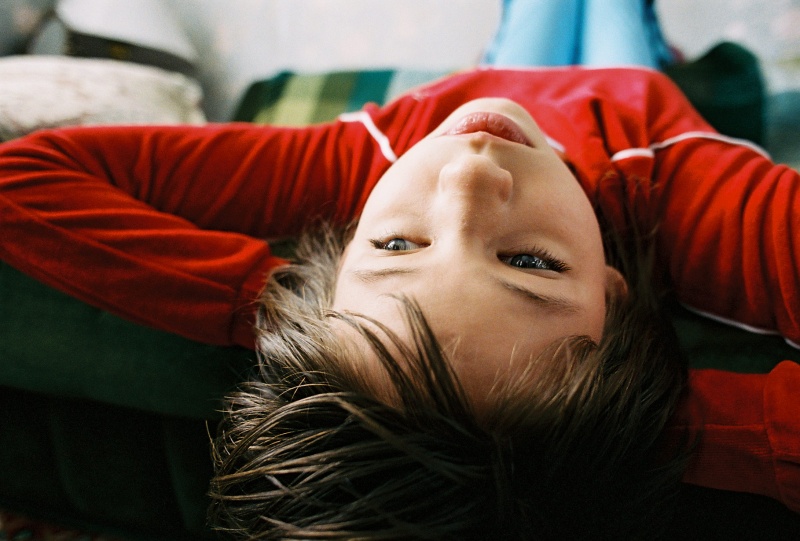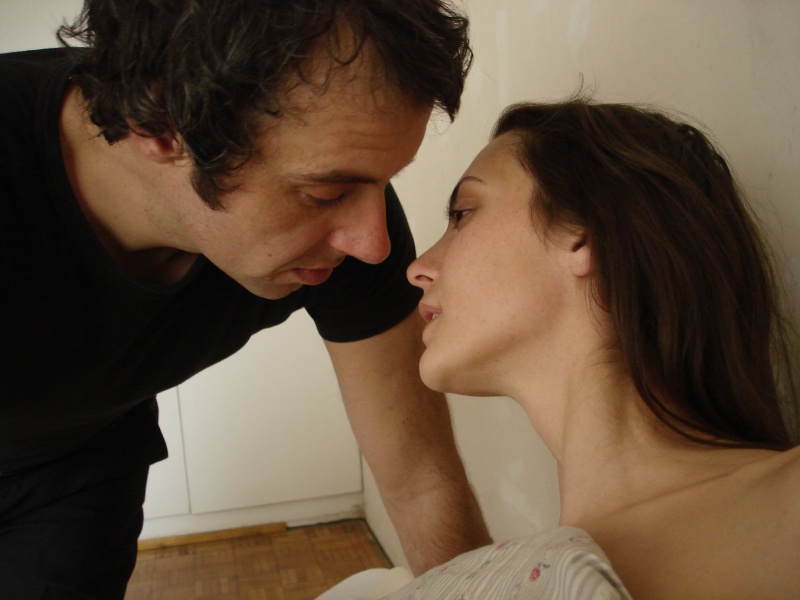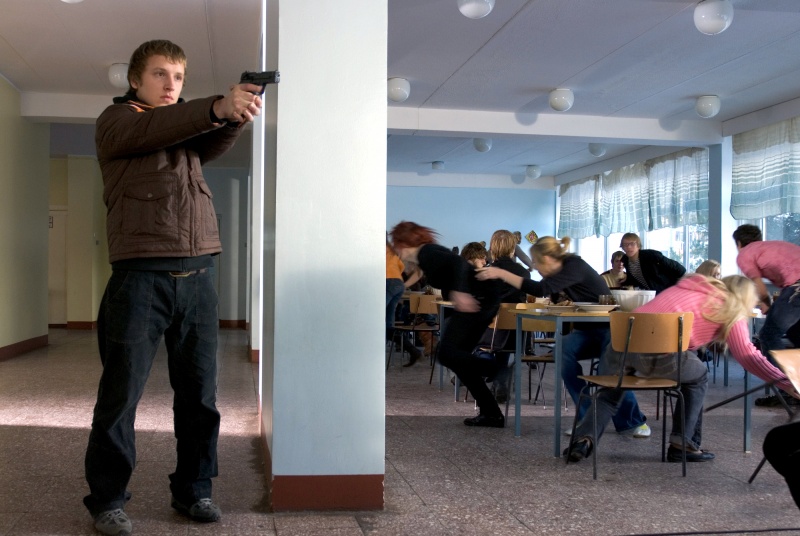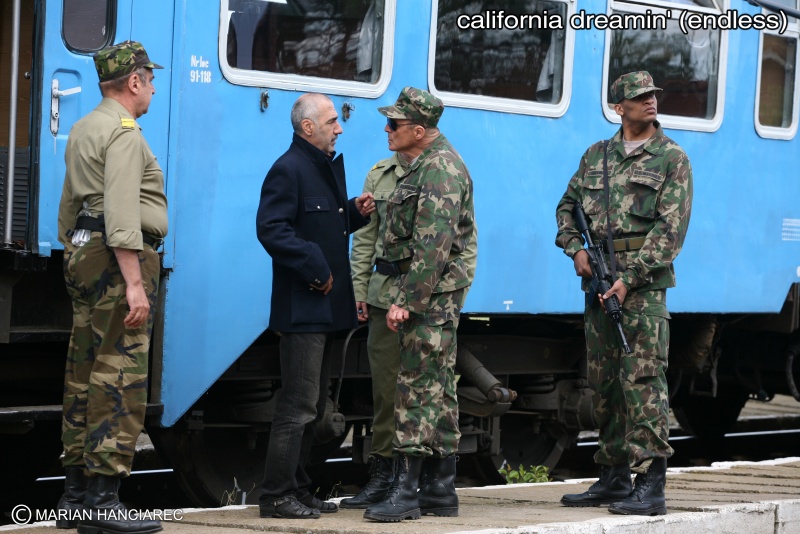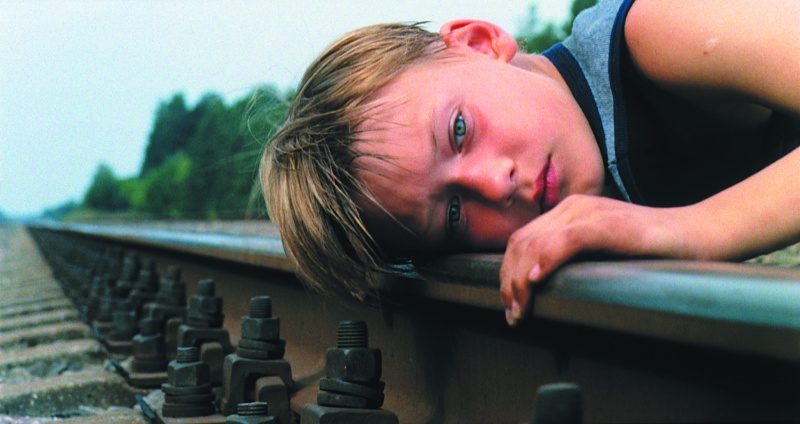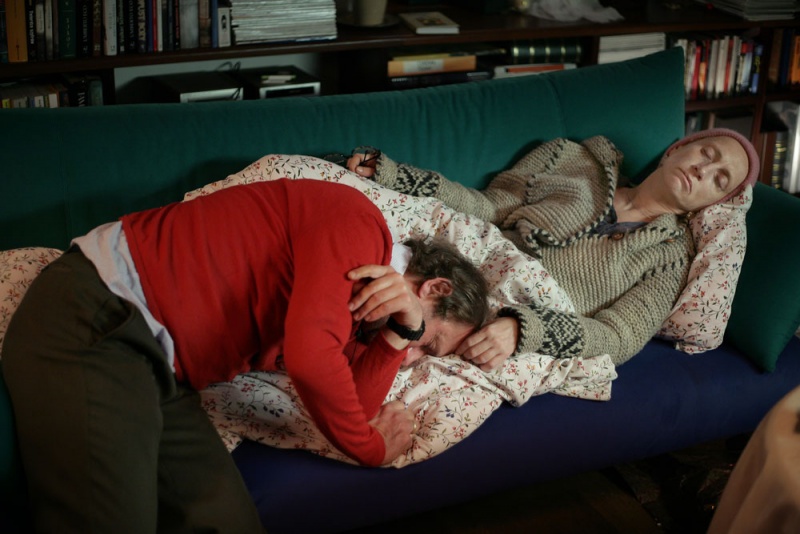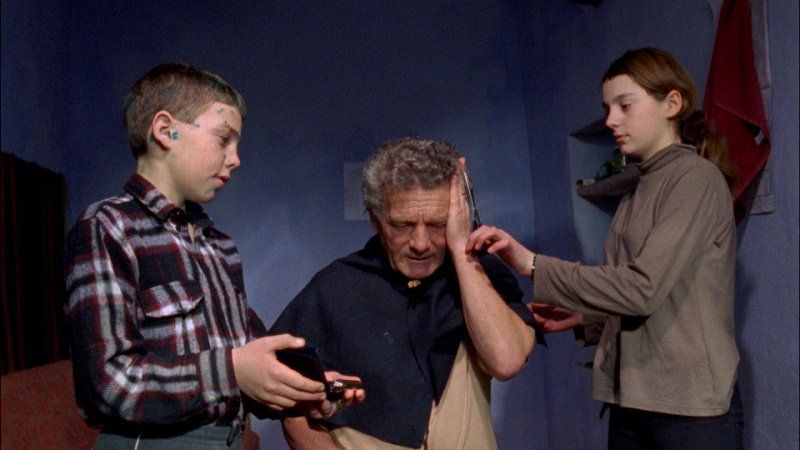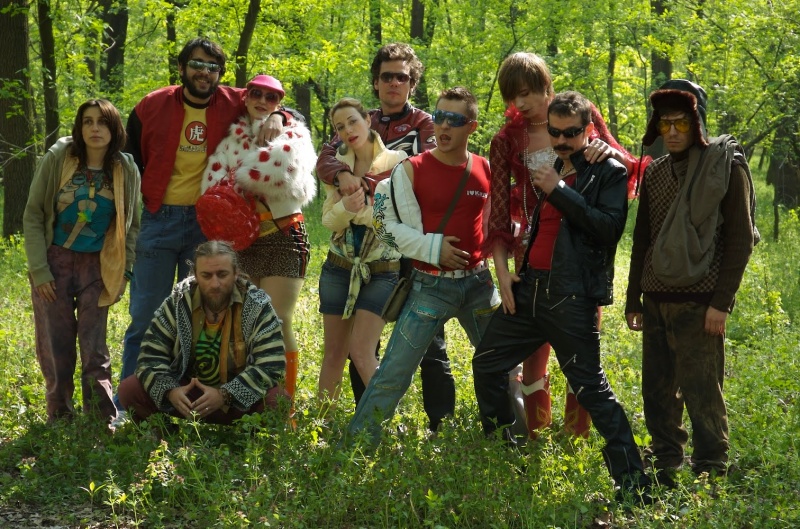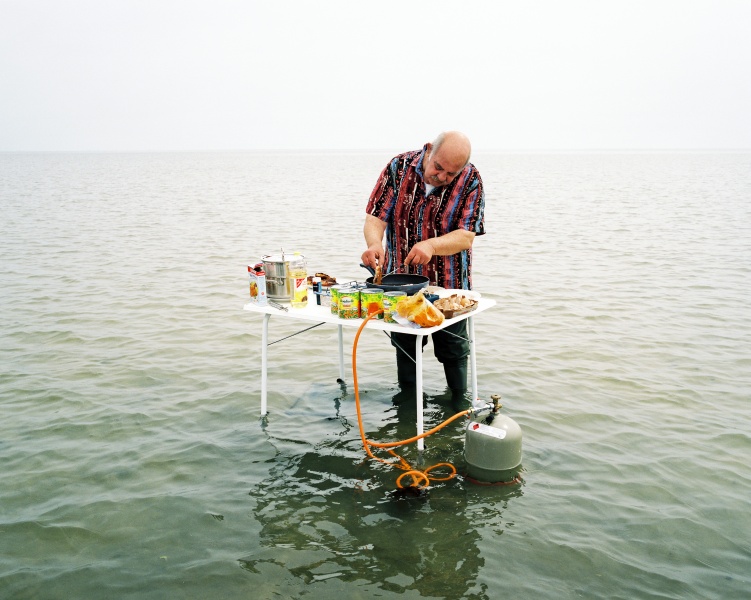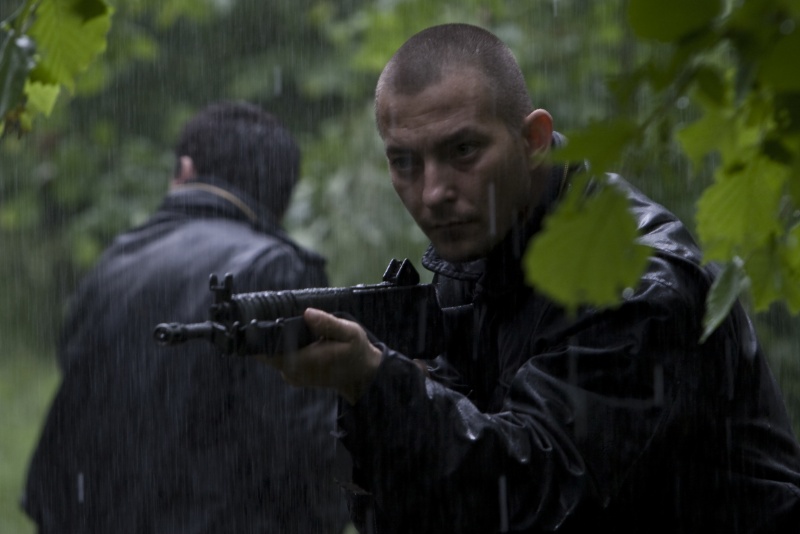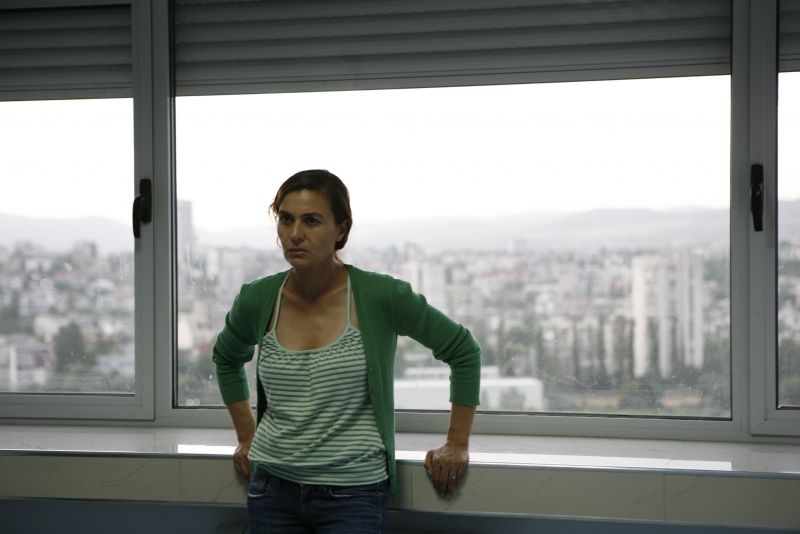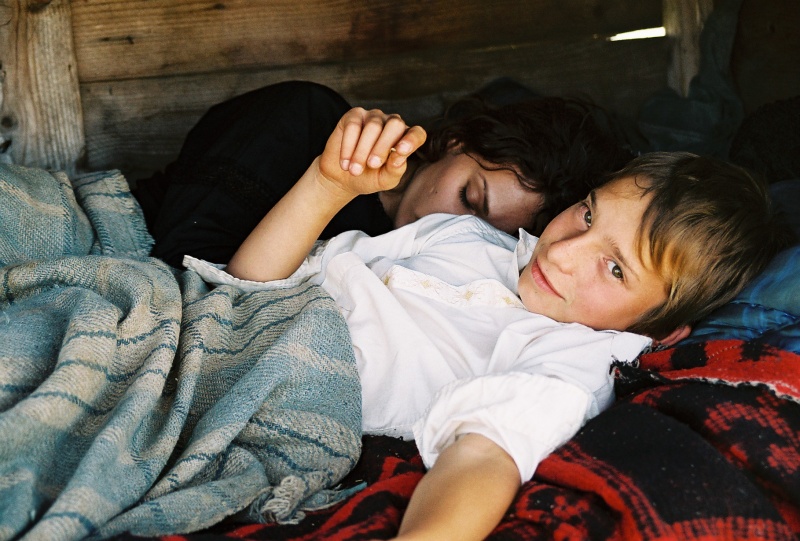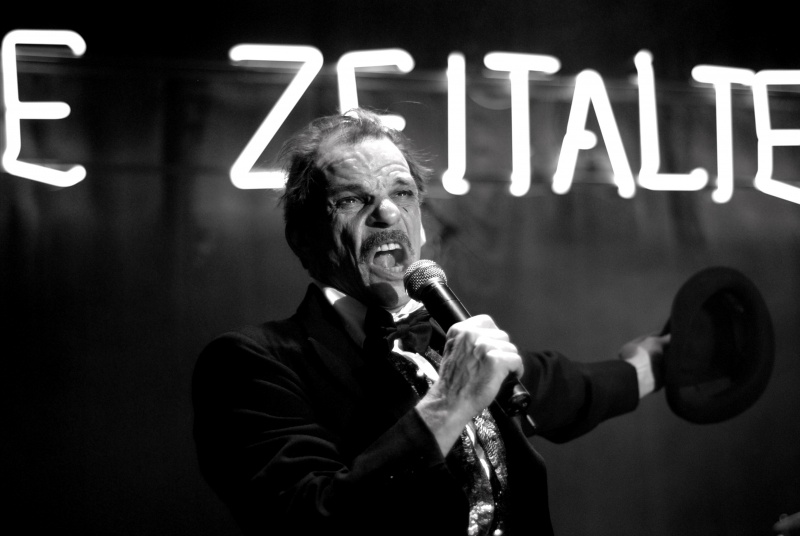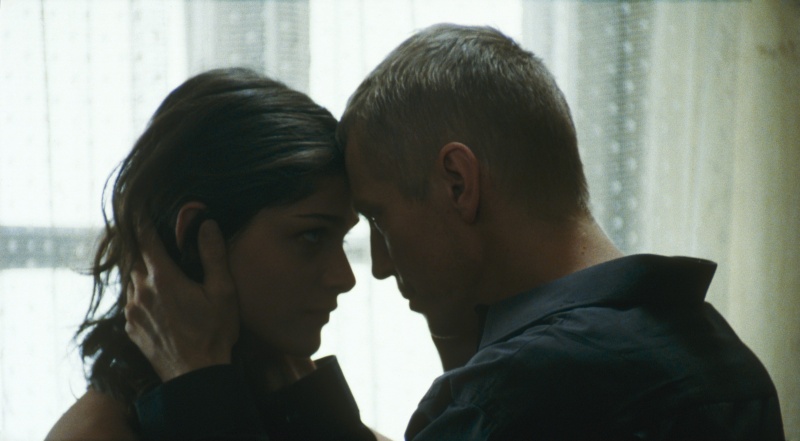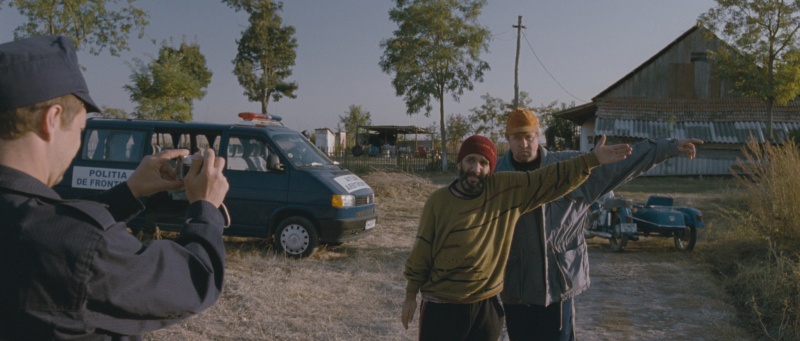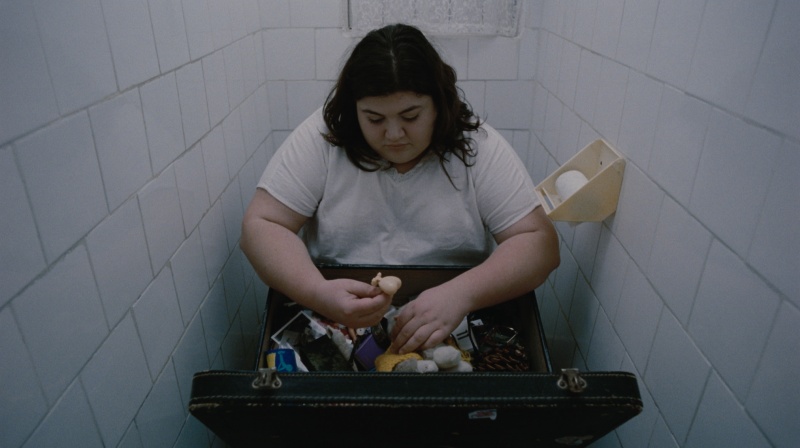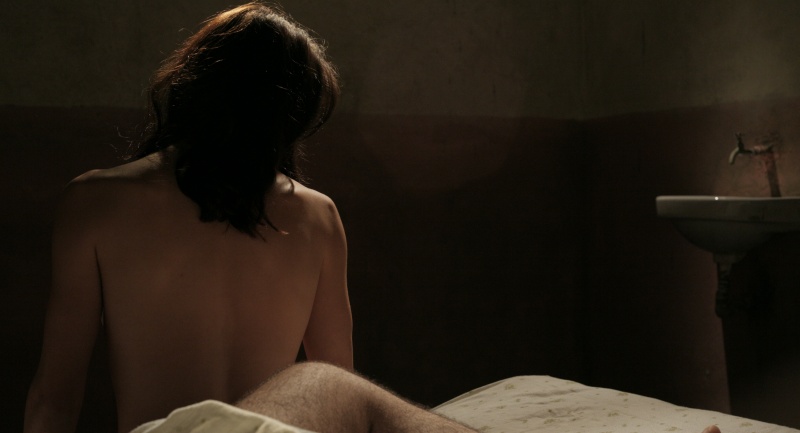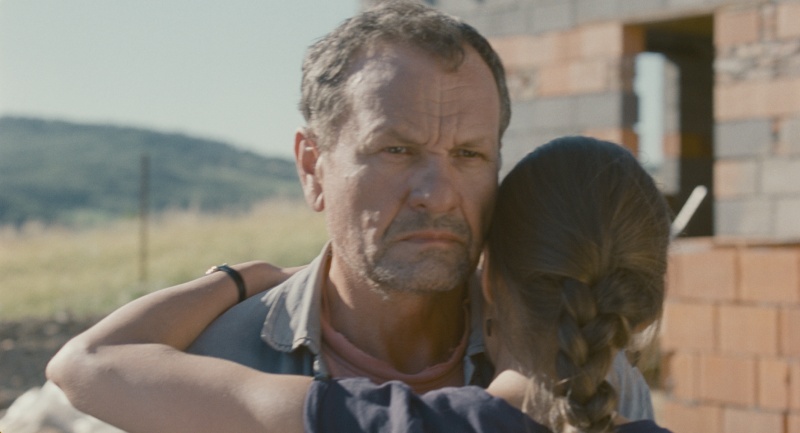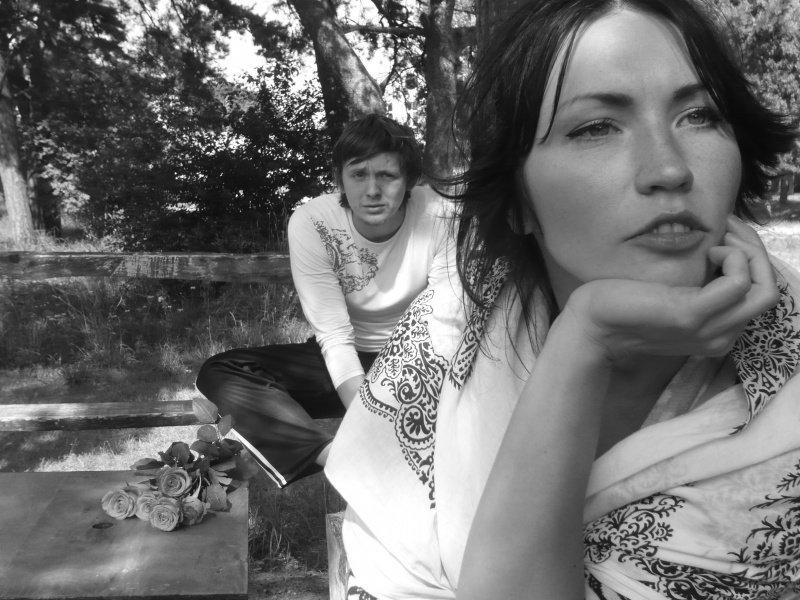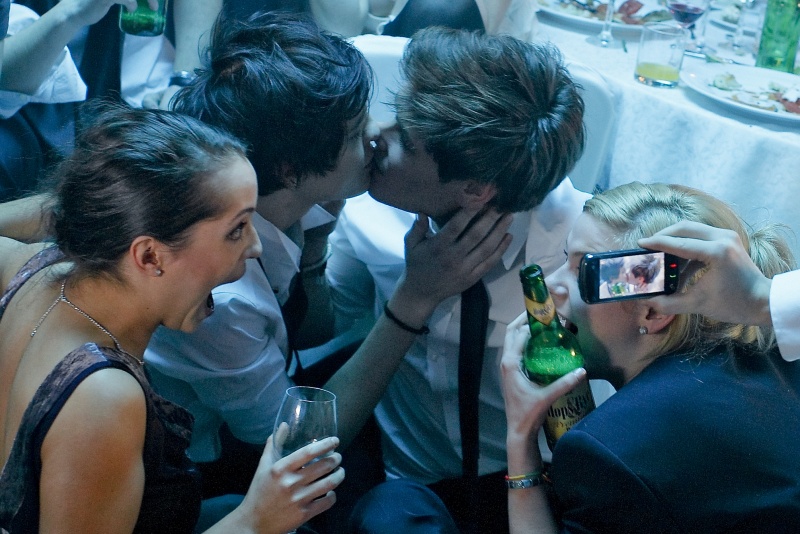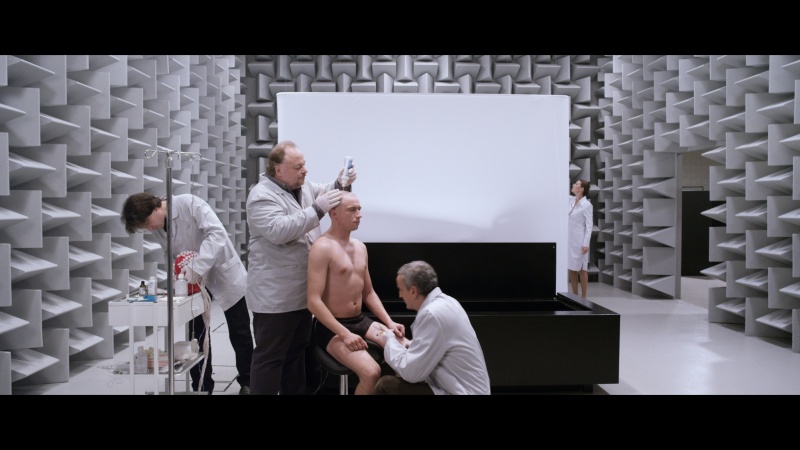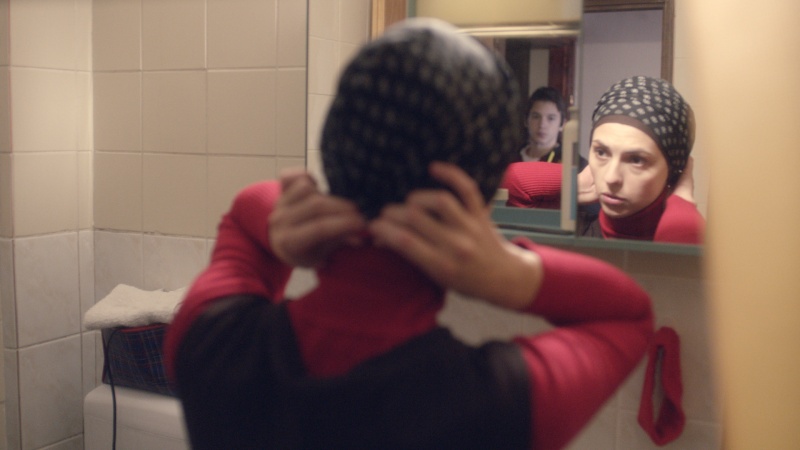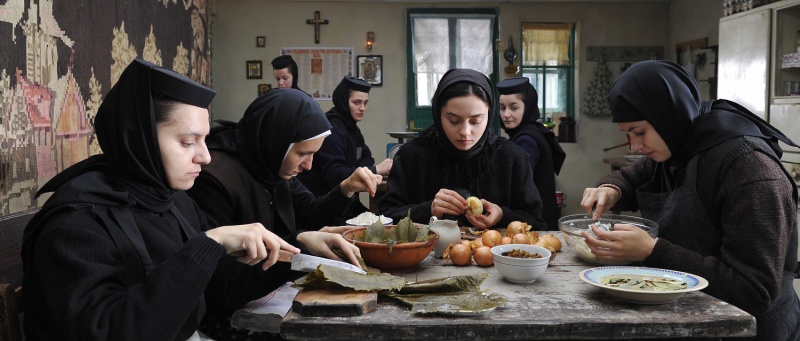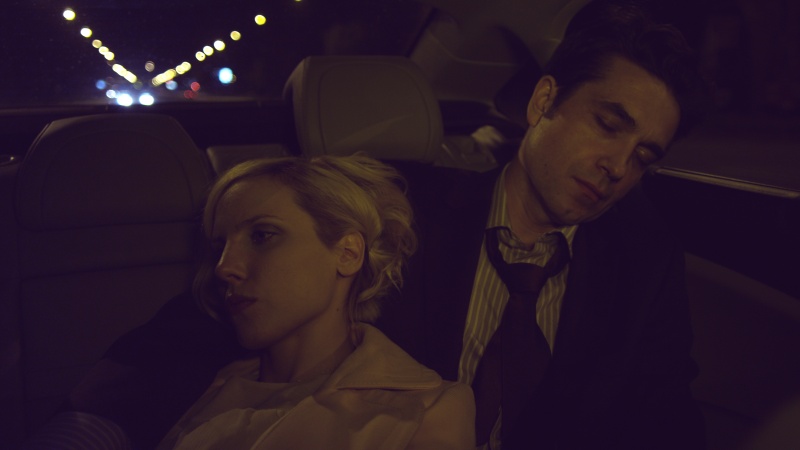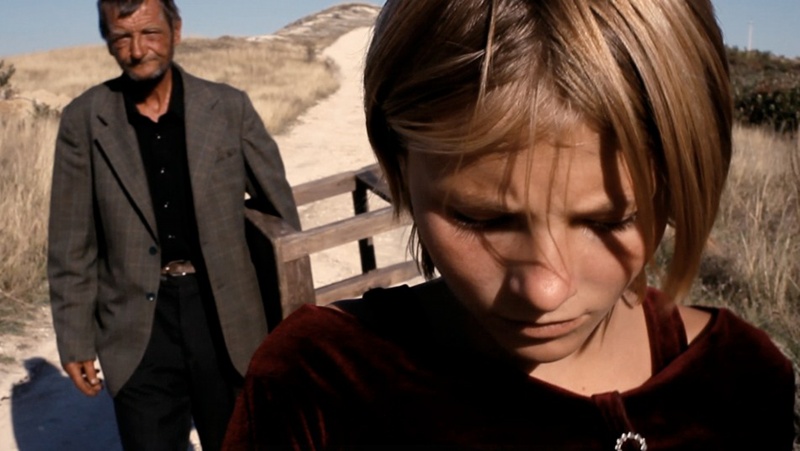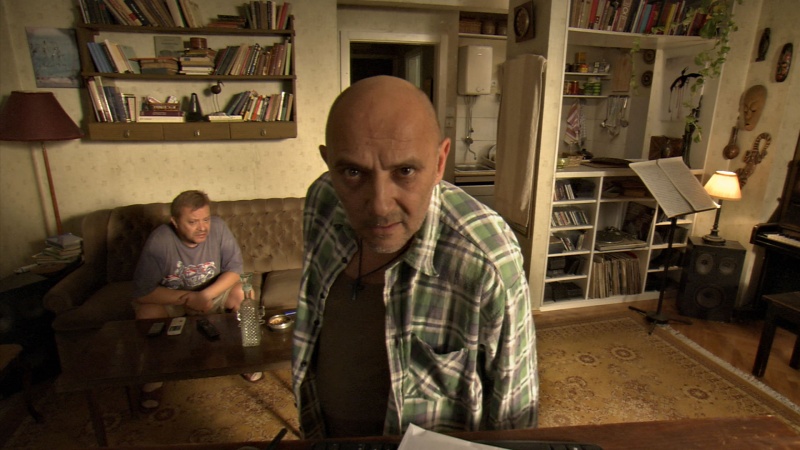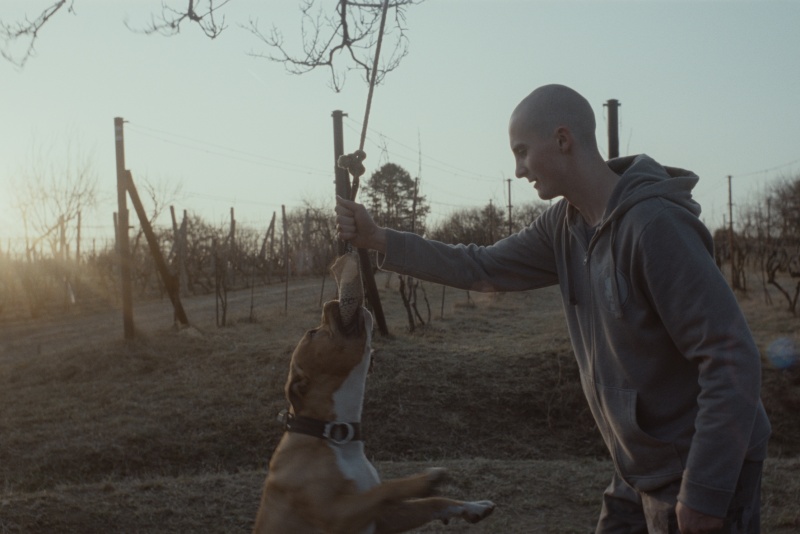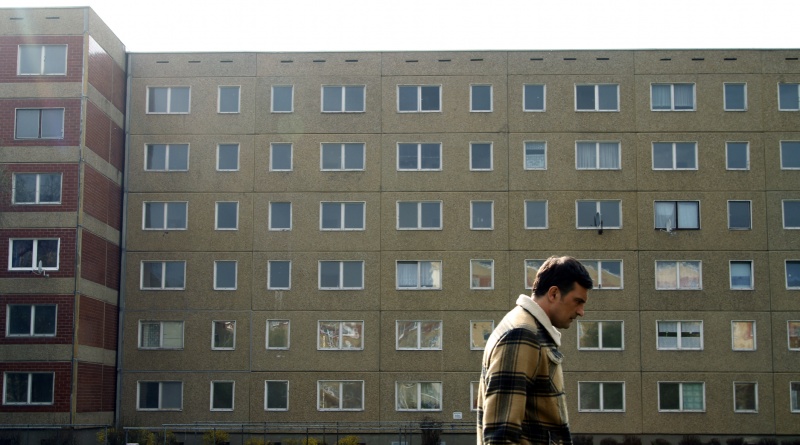Eastern Promises. Autobiography of Eastern Europe is the title of the retrospective to be screened at this year's 62nd San Sebastian Festival, a look at movies produced since 2000 in the countries that lived under Soviet influence post-World War II. A cycle to discover the creative wealth of these film industries and the new talents to have emerged in the last decade.
This year marks the 25th anniversary of the fall of the Berlin Wall in 1989. An occurrence which brought an end to the division of Europe that had marked the Cold War and to Soviet domination in these countries, totally separated ideologically and culturally from the rest of Europe. From then on, a series of momentous historical events completely changed the political geography of the countries forming that bloc traditionally known as "Eastern Europe".
As was to be expected, these changes, which radically transformed the former communist societies in barely 25 years, are reflected in the cinema produced in those countries, a cinema which now brings us a record and testimony of that social and political process. All propose new perceptions for today's spectators depicted in the myriad themes, genres and styles included in the retrospective: social drama, comedy of manners, thrillers, movies about teens, science fiction, documentaries or war films.
The retrospective will bring together a total of 50 titles from Bosnia, Bulgaria, Croatia, Czech Republic, Estonia, Hungary, Kosovo, Latvia, Lithuania, Macedonia, Moldavia, Poland, Romania, Slovakia, Slovenia and Serbia, many of which have never been seen in our country.
A publication coordinated by Matthieu Darras will accompany the cycle in the shape of a book with contributions from distinguished journalists and critics across Europe: Janka Barkóczi, Hana Cielova, Andreea Dobre, Mária Ferenčuhová, Zsolt Gyenge, Blazej Hrapkowicz, Eva Križková, Anita Libor, Alexandra Olivotto, Yoana Pavlova, Vladan Petkovic, Tristan Priimägi, Ola Salwa, Stefan Uhrik and Greta Varts.
Several directors of films in the retrospective will attend the Festival to present their works: Sarunas Bartas (Lithuania), Kristina Buožytė (Lithuania), Marian Crisan (Romania), Mira Fornay (Slovakia), Bohdan Sláma (Czech Republic), Malgorzata Szumowska (Poland) and Anna Viduleja (Latvia).
A modern classic of Slovenian cinema, the tale of a man who went out for bread and milk and lost himself to alcohol. A tragicomic tale of loneliness, loss, the cinders of love where there was once a fire.
The Berlin Wall fell in 1989, but a group of teenagers from Budapest don't seem to care. Yet underlying their carefree lives is a complete chronicle of recent Hungarian history and the social changes they will have to deal with.
One of the most important films about the Bosnian War, winner of an Academy Award and Best Screenplay at Cannes. Bosnian filmmaker Danis Tanovic tells the tale of two men who try to survive in the madness of war.
A man records for his distant, dying friend, an emotional voyage through Bulgarian landscape and a portrait of its inhabitants, the witnesses of a time destined to be forgotten.
A modern fairy tale where the toad is a guy who collects scrap metal for a living and the princess is the sister of a couple of dangerous thugs. A surprising melodrama acclaimed with awards at the Berlin, Karlovy Vary and Warsaw Festivals.
A lesbian couple encircled by a gallery of grotesque neighbours: a nightmare landlord and his violent homophobic son, a sinister abortionist, a gang of hooligans... A diabolical thriller and merciless testimony of the ills of Croatian society.
Gyorgi Pálfi, one of Hungarian cinema's most hallowed names, needs no dialogue to describe various snapshots of life in a small rural community to the rhythm of an old man with hiccup. Special Mention in the Zabaltegi New Directors section of the San Sebastian Festival in 2002.
Czech director Alice Nellis won the New Directors Award in 2002 thanks to this road-movie packed to the hilt with sombre sense of humour. Grandmother fulfills her dream, Mother stops treating her daughters like kids, the daughters stop treating their husbands like idiots and father’s ashes get spread all over the country.
One of the most suggestive surprises to come out of Hungarian cinema in recent years is this nocturnal, surrealist fable about the fauna that inhabits the metro in Budapest: ticket controllers pushed to the limit, serial killers, expert ticket skivers, and girls who look like fairies. Winner of the Youth Prize at the Cannes and Warsaw Festivals.
A documentary based not on the truth, but on a huge lie: film students advertise the opening of a supermarket that will never exist. But what they film is the pure truth: Czech society's love of consumption since the fall of Communism.
A documentary about the incredible adventures in capitalism of psychiatrist Dr. Georgi Lulchev and the Home for Psychologically Challenged Men.
A Macedonian production that competed at the Rotterdam Festival. The tale of a woman who returns to the United States to discover a harsh reality about to explode with tragic consequences.
An acid, ironic portrayal of today's Slovenian society through the confused lives of a group of friends who think the answer to their problems lies in alcohol, violence and racism.
Wojciech Smarzowski, one of Polish cinema's most recent revelations, debuted with this acid view of Polish society portrayed in the description of a hectic wedding day, a madcap panorama drenched in alcohol, money and corruption.
The best tradition of American independent cinema with a purely Hungarian touch: a surrealist comedy in black and white about four chimney sweeps, the absurd situations they experience and their laconic discussions.
Kornél Mundruczó reinterprets the story of Joan of Arc in a bold and surprising film that breaks down the barriers between film and opera to transfer the mythical character to modern Hungary. Presented in the Un Certain Regard section at the Festival de Cannes in 2005.
Several of the most noteworthy filmmakers in today's Eastern Europe come together in this film of six episodes on intergenerational conflict and social evolution in the former Soviet Bloc countries.
Winner of the Un Certain Regard Award at the Cannes Festival, this film by Cristi Puiu introduced the world to Romanian cinema: the Kafkian odyssey of a normal man lost in the hell of bureaucracy.
A bittersweet comedy of manners where a love story is an excuse to meet people desperate to make contact with each other, whether jumping from planes, making extra money by watching the neighbors having sex, even living with shop-window mannequins.
The winner of the Golden Shell at the San Sebastian Festival in 2005 was this Czech production; a sharp plunge into the dilemmas of a group of people confronted with the responsabilities of adult life.
Corneliu Porumboiu, one of the leading voices of the new Romanian cinema 'miracle', debuted with this shrewd historical reflection on the part played by Romanians in the 1989 revolution. Winner of the Caméra d'Or at the Festival de Cannes in 2006.
This first film by the Bosnian filmmaker Jasmila Zbanic won the Golden Bear at the Berlin Festival. The tale of a mother and a daughter who try to find their way in the post-Bosnian War period.
An intimistic drama about passion, the sensuality of youth, jealousy and possession, but above all about the need to recover time lost, to treasure the fleeting moments of happiness. Presented at the Karlovy Vary Festival.
A highschool movie Estonian-style: a shy boy bullied by his classmates, an unexpected ally and a tribe driven by ancient codes of homophobia and violence. This first work from Ilmar Raag won awards at the Karlovy Vary and Warsaw festivals.
Winner of the Un Certain Regard Award at the Festival de Cannes, a sharp parable of US foreign policy. A small Romanian community has to deal with an unknown quantity: a train packed with American soldiers stopped right in the middle of their town.
Four of new Lethonian cinema's most representative directors helm a film in episodes portraying several decisive moments in the life of a man, from his happy-go-lucky childhood until the nonsensical challenges of adult life.
The crisis of a woman who thought she had everything but sees her life crumble round about her is recorded with delicate sensitivity by the Polish director, Malgorzata Szumowska. Winning film of the Special Jury Prize at the Locarno Festival.
A beautiful documentary by the Romanian director Thomas Ciulei, shot over several months to portray the everyday life of a man in a Moldavian town who has to raise his three sons single-handed when his wife emigrates to Italy in search of work.
A brutal, ruthless tour of post-war Serbia seen through an aspiring film director's descent into the hells of violence and sex. His delirious odyssey will take him from porn films to snuff movies and beyond.
Péter Kerekes, one of Slovakia's most admired documentary-makers, portrays the army cooks. Recipes that have been sustaining campaigns from WWII to the Chechen War, from France to the Balkans and Russia.
A controversial film that marked an inflection point in cinematic portrayal of the Bosnian War. Based on true facts, this claustrophobic fable oozing with underlying tension reveals the attrocities committed by the Croatian army during the conflict.
Presented at the Cannes Festival, winner of awards at several international festivals, a sharp look at the confusion reigning in Bulgarian society since the end of the Cold War, seen through the comings and goings of a drug addict and a teenager who mixes with people who are anything but recommendable.
Peter Strickland, director of the cult film Berberian Sound Studio, competed at the Berlin Festival with his first work: a cruel, perverse tale about a woman who takes to sinister forests in the Carpathian Mountains in the quest for revenge.
One of the most surprising and imaginative talents of today's Estonian cinema, Veiko Õunpuu, bring us this moral fable in brilliant visual style: the tale of a man lost in a moral crisis.
The Lithuanian moviemaker to enjoy greatest international prestige, Sharunas Bartas, directs and stars in a film noir shot in Paris, Moscow and Vilnius: the melancholy flight of a drug trafficker towards the women he loves and an unavoidable fate.
The debut of Marian Crisan, one of Romanian cinema's new talents, won the Special Jury Prize at the Locarno Festival. The tender and emotional tale of friendship between two men capable of understanding one another even if borders and conventions do everything they can to keep them apart.
Presented in the Un Certain Regard section at the Festival de Cannes, this film by Hungarian moviemaker Ágnes Kocsis introduces us to the life of a nurse addicted to cream cakes and her odyssey in search of time past by means of a dazzling, ice-cold visual style.
The secret story of love between a man and a woman who meet while visiting their respective partners in prison. A tale set in Albania, premiered in Berlin Festival's Panorama section.
The first film from Slovakian director Zuzana Liova is a satirically laced drama about the bonds of family and the rebellious urges of the young: a father builds a house for each of his daughters. What seemed to be a childhood dream turns into a nightmare.
Juris Poskus directs Latvia''s great hipster chronicle: a group of friends who live on the shores of the Baltic Sea kill time drinking beer, getting into fights and having impossible conversations about life and love.
Can punk stay alive in today's world? That's the question asked by this black comedy, winner of awards at the Karlovy Vary and Sofia Festivals: a punk band reforms to participate in a multicultural event.
Jan Komasa's first film revealed a rising talent in Polish cinema. The portrayal of new youth given over to the pleasures and dangers of the Internet era.
A sci-fi movie that has changed the face of today's Lithuanian cinema. Far removed from the special effects of Hollywood, here we have a fantasy on a human being's most intimate aspirations, memory and desire.
Bosnian filmmaker Aida Begic landed a special mention from the Un Certain Regard jury at Cannes for this description of the suffering that persists years after the siege of Sarajevo and the end of the Bosnian War.
Winner of Best Screenplay and Actress at the Festival de Cannes, this movie by Cristian Mungiu is a terrifying and claustrophobic parabol on today's intolerance: a convent lost in the hills, an unrelenting priest, an exorcism and the inner demons that come to light.
One of the big surprises of recent Polish cinema was this intense and anything but complacent drama about a couple whose love is put to the test by a traumatic incident that destroys their happiness.
Ana Felicia Scutelnicu won an award at the Rome Festival in 2012 for this meticulous, extremely beautiful and poetic description of the funeral rites in a Moldovan village, a ceremony where joy mingles with grief and life has the upper hand over death.
A man commits suicide, but his webcam runs on, impassible. And this fixed shot records the neighbours who wait for the police, drink the dead man's alcohol and play with his things. This film, awarded a prize at the Karlovy Vary Festival, describes a whole world in a single shot.
Mira Fornay won the Rotterdam Festival with this harsh tale of a young boy whose only friend is his dog. An hypnotic chronicle of a sluggish existence always on the verge of explosion.
Winner of the Special Jury Prize at the Sundance Festival, this melancholy description of the lives of five people in post-war Serbia asks a disturbing question: can we overcome the feeling of guilt, frustration, the thirst for vengeance?



